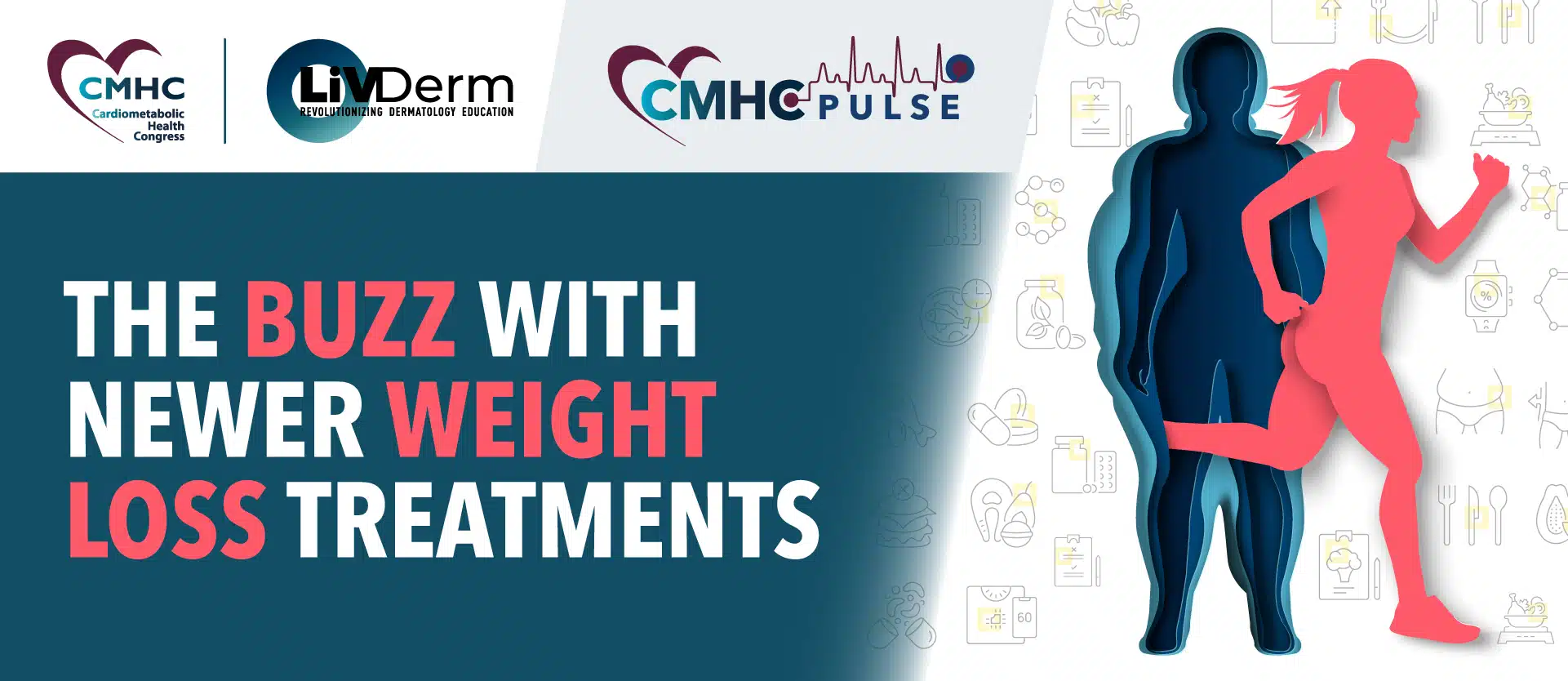 Statins, a class of lipid-lowering medications that are used in the treatment of high cholesterol, rank in the leagues of the best-selling drugs in the United States: a 2011 study showed that at least 32 million Americans were taking them.
Statins, a class of lipid-lowering medications that are used in the treatment of high cholesterol, rank in the leagues of the best-selling drugs in the United States: a 2011 study showed that at least 32 million Americans were taking them.
While most evidence has demonstrated the efficacy of statins in preventing heart disease in those with high cholesterol, a recent article in The Washington Post reported new guidelines that have been issued for statin drugs. The rules, published in the Journal of the American Medical Association, dictate that everyone age 40 and above should be considered for the drug therapy, regardless of whether they have a familial history of cardiovascular disease. A study published Saturday verified that those who utilize statins have better chances of surviving heart attacks.
The recommendations are directly in line with the American Heart Association and the American College of Cardiology, both of which have articulated the need for physicians to not only focus on patients’ cholesterol levels, but also a more holistic perspective of risk factors based on lifestyle, weight, and blood pressure. The chair of the task force expressed the critical importance of preventive measures like statins, as people who show no signs or symptoms of heart disease may still be at risk for heart attacks and strokes.
Yet the topic has been slightly contentious, as several groups and doctors do not believe that statins should be so widely used and accessible. While most experts recognize that people with substantial risk for heart disease benefit from the drugs, there is considerable disagreement about those with lower risks. The detractors have voiced concern regarding the overprescriptions, coupled with statins’ side effects. Nevertheless, the existing guidelines will have a substantial impact on physicians and health practitioners, though individual doctors are not obligated to take the advice.

















